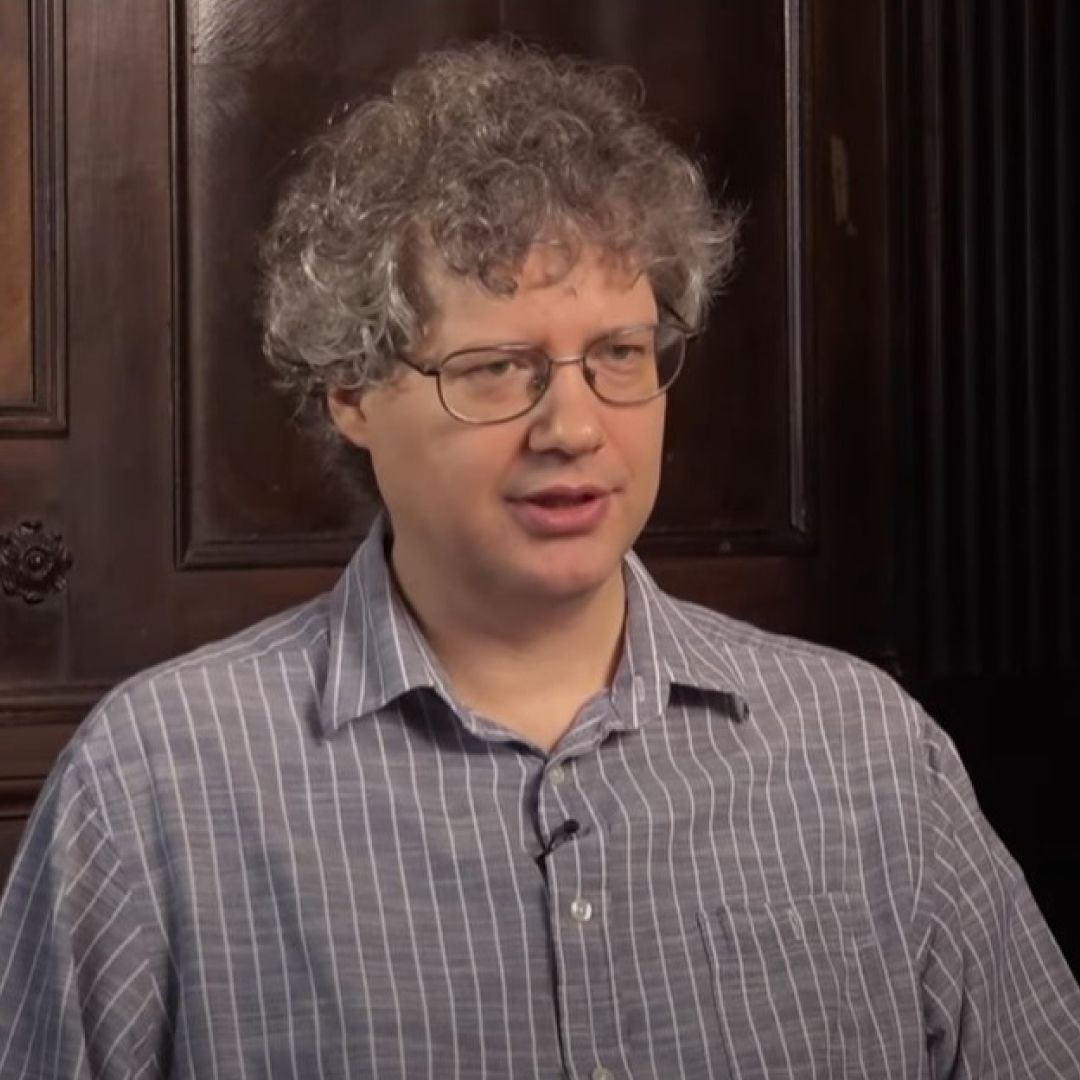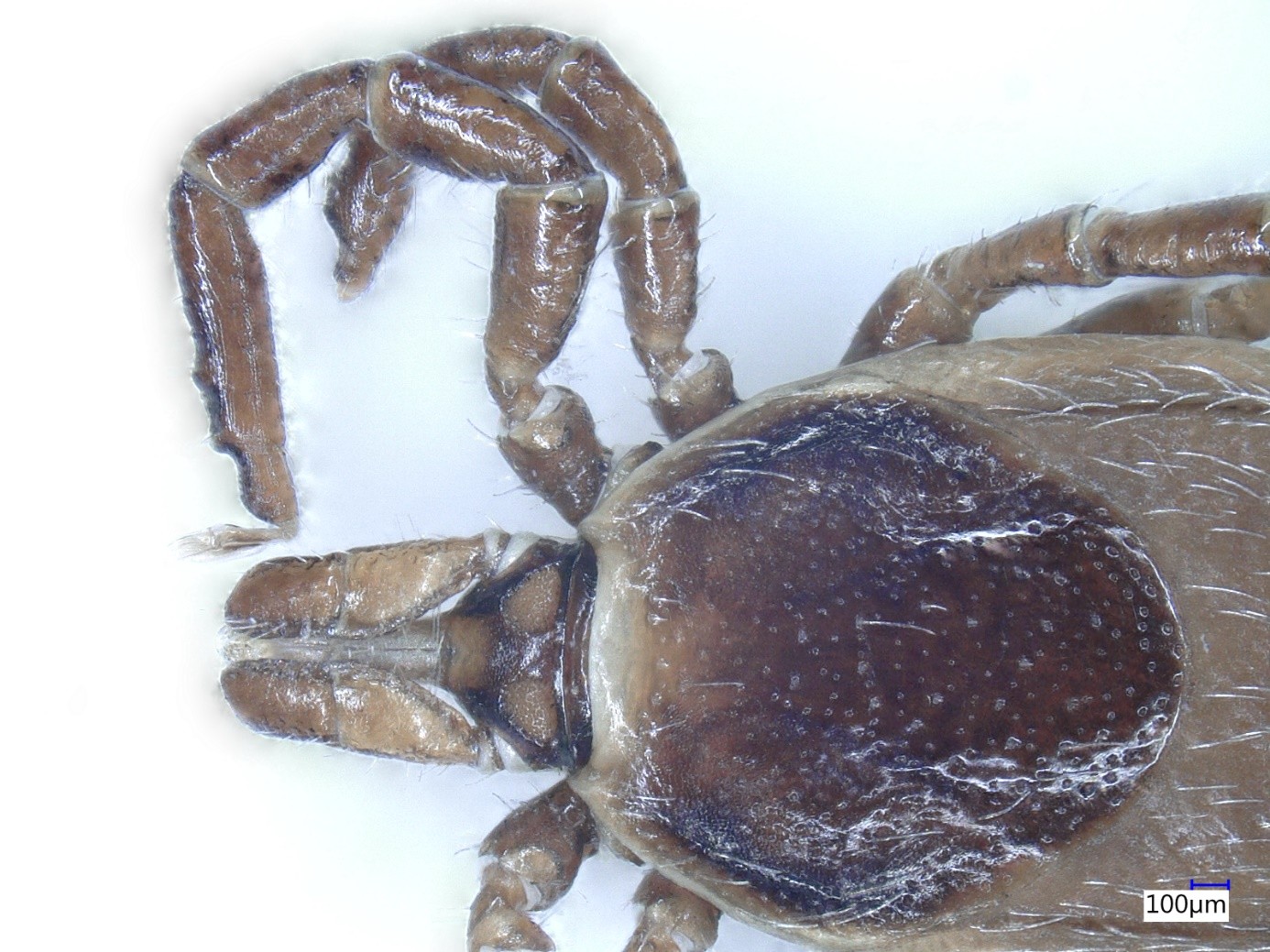HUN-REN Rényi Institute researcher Gergely Harcos elected full member of Academia Europaea
Gergely Harcos, a research professor at the HUN-REN Alfréd Rényi Institute of Mathematics, has been elected as a full member of Academia Europaea, which includes 85 Nobel laureates. He is now one of eleven mathematicians among the 154 Hungarian members of the organisation.

Founded in 1988, Academia Europaea has more than 5500 members, including 85 Nobel laureates. It aims to promote and disseminate European research achievements, support interdisciplinary and international research collaborations, and raise awareness of the societal benefits of scientific achievements. The academy also serves as an advisory body to the European Research Council, regularly consulting its members on defining international research directions and issuing calls for proposals.
On 9 December 2020, Academia Europaea opened a knowledge hub in Budapest, following those in Barcelona, Bergen, Cardiff, Tbilisi, and Wrocław. Under the direction of scientific directors, these centres typically organise their programmes around a few key topics. The scientific director of the Hungarian hub is László Lovász, a former President of the Hungarian Academy of Sciences and a research professor at the HUN-REN Rényi Institute. The hub's mission includes developing scientific methodologies for education, researching the Danube region, promoting urban sustainability, and supporting successful participation in European research programmes.

